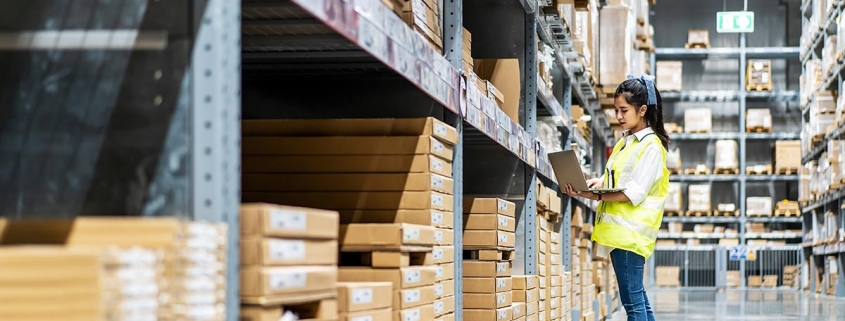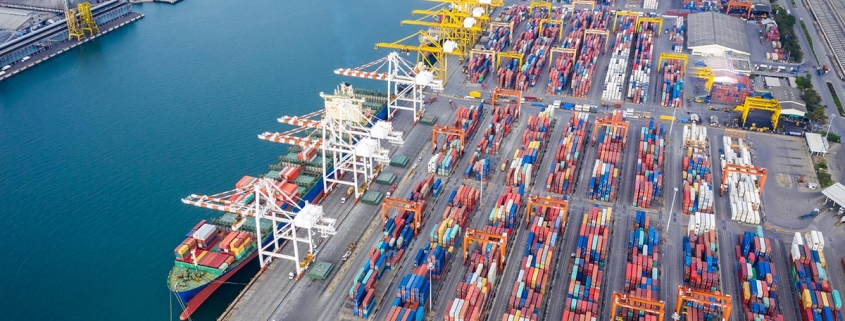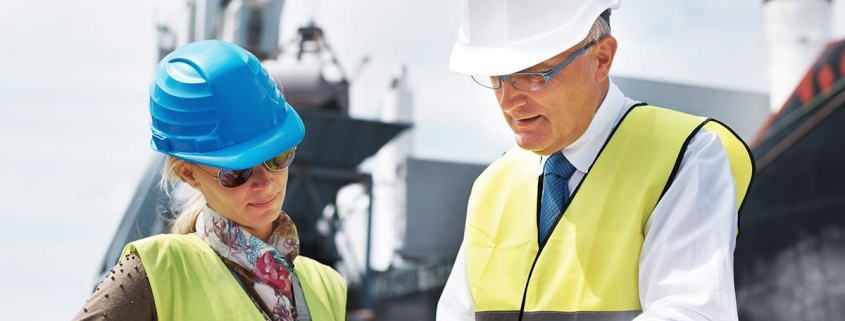Hello, everyone! Today, let’s talk about the digital transformation of the logistics industry: how to leverage technology to improve operational efficiency? ??
Firstly, the application of intelligent logistics platforms is an undeniable trend. By introducing technologies such as artificial intelligence and big data analytics, companies can achieve more accurate predictions and more efficient transport management, enhancing overall operational efficiency. ??
Secondly, the application of IoT technology is also a crucial aspect. Real-time monitoring of data such as cargo location and temperature not only helps improve cargo tracking accuracy but also quickly identifies and resolves issues during the logistics process, enhancing customer satisfaction. ??
Finally, the adoption of digital document management and electronic payment systems can accelerate transaction processes, reduce human errors, and improve settlement efficiency, providing logistics companies with a faster operational experience. ??
Which technologies do you think have the most potential to improve operational efficiency in the digital transformation of logistics? Share your thoughts in the comments! Like and share to discuss the digital future of the logistics industry together! ?? #LogisticsDigitalTransformation #OperationalEfficiency #TechnologicalInnovation






